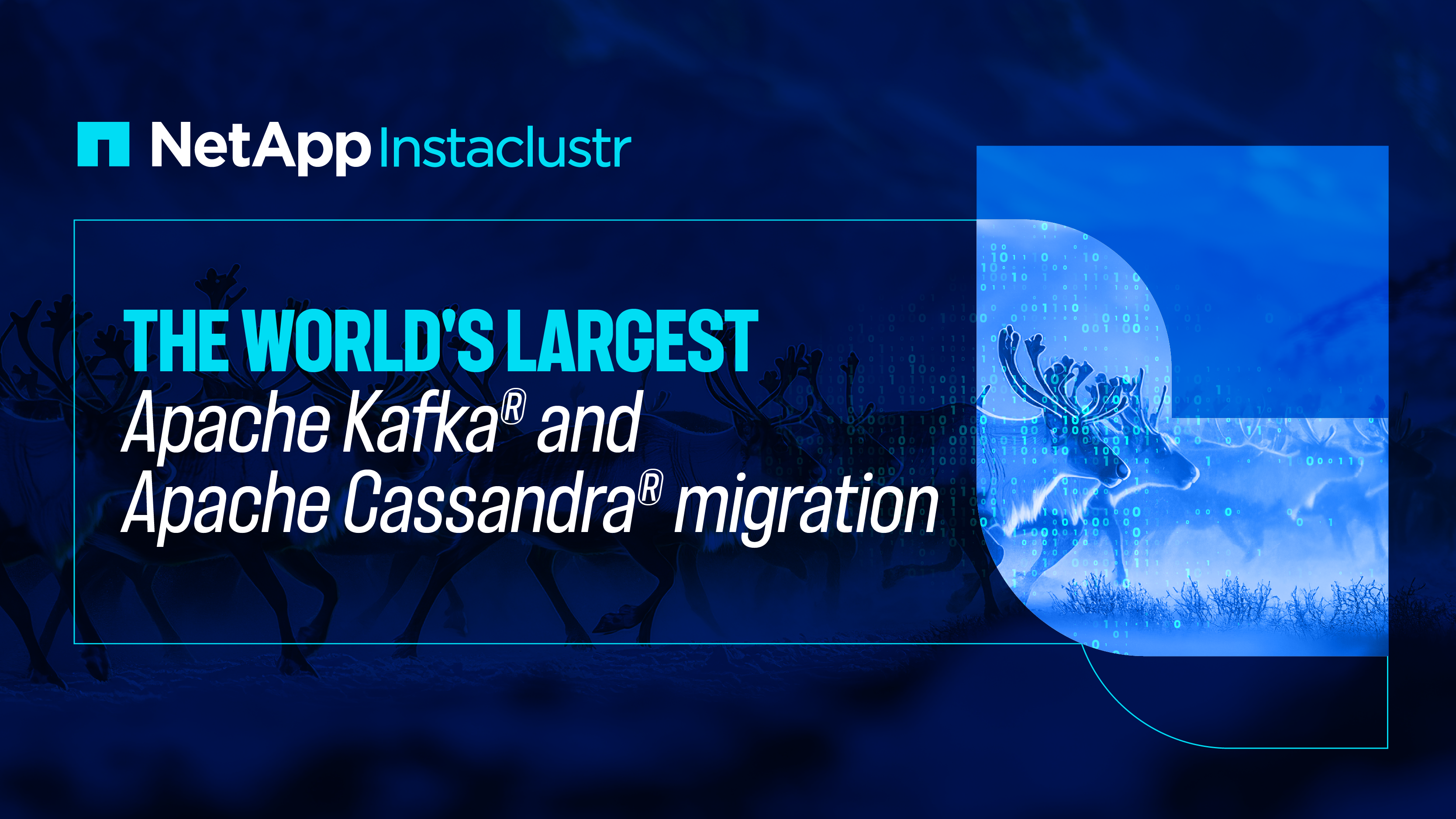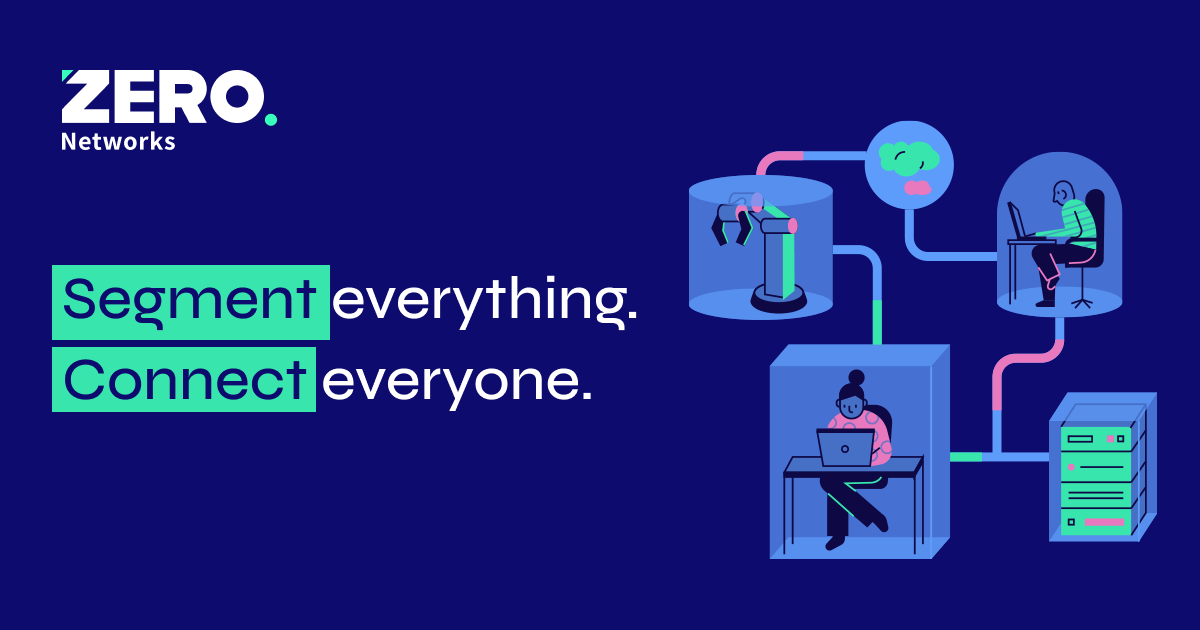The State of CloudOps: Driving success with cloud automation
Modern businesses are rapidly expanding their use of public cloud for an ever-growing list of applications and services. But as more cloud-focused solutions are thrown into the mix, the more complex things get for enterprises. Every cloud has its rules, tools, and processes, but businesses often struggle to fill their teams with specialists for one cloud provider, let alone multiple.

The answer for many teams is managing cloud operations with automation. Spot by NetApp partnered with Dimensional Research to uncover the challenges that enterprises face with their cloud technologies. The survey results were compiled into our State of CloudOps report, which examines how large enterprise teams manage their cloud operations. The study primarily focuses on operational activities, staffing and expertise, automation, and FinOps.
The State of CloudOps report revealed three key trends in enterprise cloud operations:
- Cloud operations remains a struggle for IT teams
- Automation is the key to CloudOps success
- Enterprise teams are embracing FinOps but still dealing with barriers
This article focuses on the second finding: how cloud operations teams can make the most of technology to automate largely manual processes and remove complexity.
The technology skills gap poses obstacles for companies in the cloud
Just 33% of companies were confident in their ability to operate in the cloud. This may tie to a skills gap when it comes to operating in the cloud. We asked cloud stakeholders if they believed this absent skillset negatively affected their organization’s ability to meet their business goals, and a staggering 85% admitted it did.
In the search for possible solutions, 93% of organizations that reported a lack of skills said that automation would be helpful in addressing the issue.
CloudOps automation is important, but limited
An overwhelming number of companies (95%) do some level of CloudOps automation today — anything from compute provisioning to commitment management to resource scaling. However, just 15% say that they use automation significantly in their operations.
No doubt, as organizations lack the skills to drive the success of their cloud transformation programs, they also face roadblocks in automating processes. Of respondents, 23% said that they use minimal automation, and 5% reported not using automation at all. But there is good news on that front, as 88% of respondents plan to increase their use of automation this year.
What companies are automating, and where they benefit most
Organizations have the potential for automating additional areas of cloud operations, and they’re seeing the benefits of those processes in a wide variety of applications. The leading areas where companies are operating cloud operations tasks include:
- Scaling resources (51%)
- Optimizing resource utilization (45%)
- Continuous delivery (44%)
- Continuous integration (44%)
Of companies that use containers, 44% report that they are managing and optimizing cloud infrastructure for containers with automation.
Virtually all (99%) cloud decision makers say that automating cloud tasks has benefited their organization. The top benefits cited are time savings (59%), enhanced security and compliance (49%), and improved visibility and governance (48%). Organizations are also seeing more reliable applications, greater cost optimization, and faster time to market.
Learn more about what cloud automation can do for CloudOps teams
The State of CloudOps report is based on an online survey of 310 IT decision makers in the United States responsible for public cloud infrastructure investments. All participants work for companies that have invested significantly in public infrastructure clouds (IaaS) and have more than 500 employees.
The full report details the benefits of automation and the plans that organizations have to improve operations, including using and optimizing containers. Get an interactive sneak peek at the report’s findings and download your copy today.
Related Articles
Join The GBI Impact Community
Sign up to make an impact and hear about our upcoming events
By registering anywhere on the site, you agree with our terms and privacy policy



